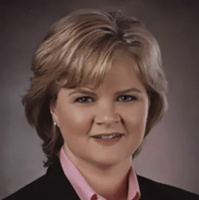Nashville Estate Lawyer, Tennessee
William H. Stover
✓ VERIFIEDWilliam Stover is an experienced Tennessee attorney who provides premier legal services to clients seeking help in the areas of personal injury, crimi... (more)
RANDALL K. WINTON
✓ VERIFIEDRandall Winton of Winton Law provides legal services throughout Nashville, Davidson County, Williamson County and Middle Tennessee for a variety of cl... (more)
Tiffany Johns
✓ VERIFIEDAttorney Tiffany Johns is different from many lawyers in Middle Tennessee who practice family law. With a background in marketing and entertainment la... (more)
Will David Cartwright
✓ VERIFIEDWill Cartwright is the founder of Cartwright Law, PLLC. Will is an experienced estate planning attorney. He helps individuals and families with comple... (more)
James A. Flexer
FREE CONSULTATION
CONTACT






